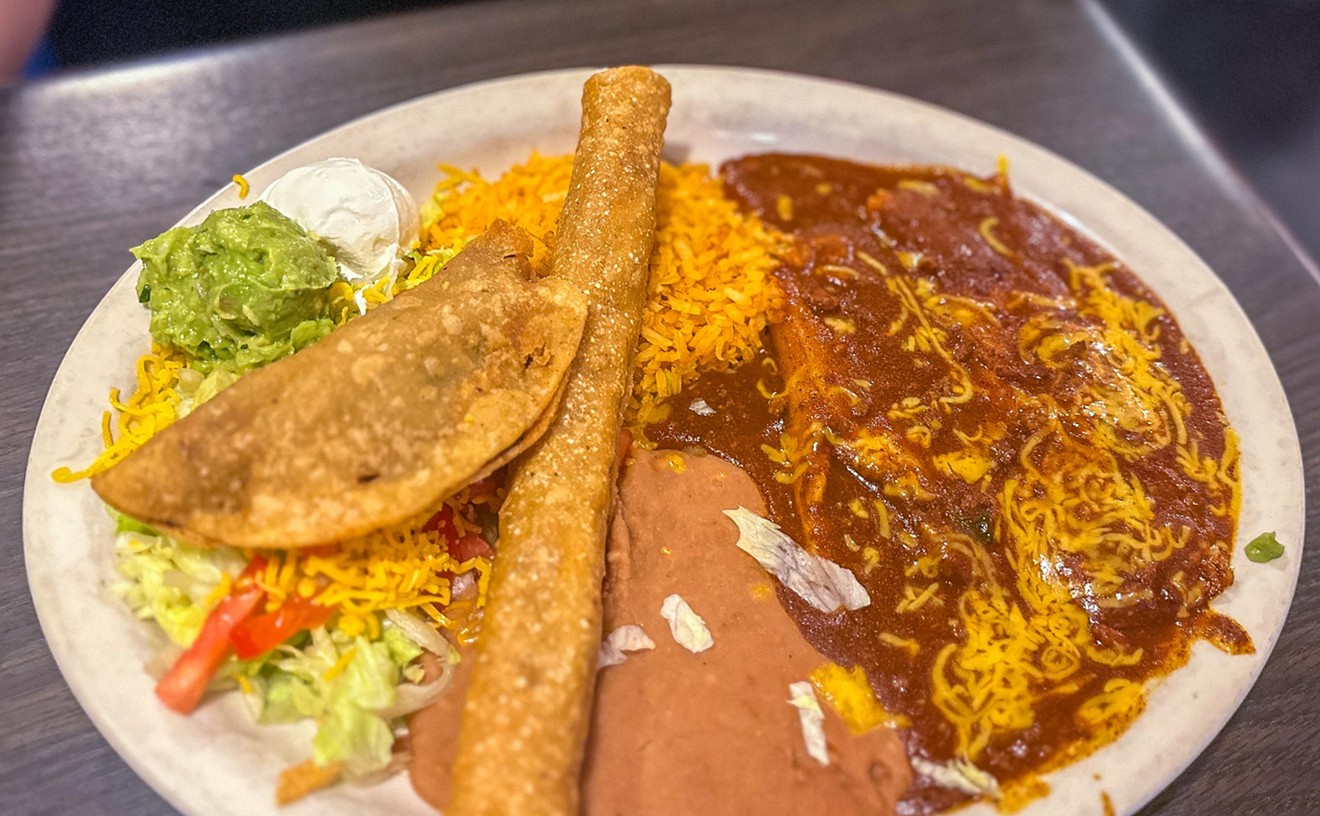An ensemble piece of the first order, in which actors mix and mingle with non-actors, sports and music stars, plus Claudia Schiffer (whose non sequiturs about paleolithic goddess cultures provide immense irony), Black and White is immediately disarming for its candor, verve, and sheer nerve. (Schiffer plays Greta, a gal who gives it up to any bad boy, including b-baller Allan Houston, who looks her way.) While Ben Stiller's deranged, ratchet-jawed huckster -- Mark Clear, a dude with a badge up his sleeve and a bug up his ass -- provides the movie's bloodiest hook, conflict abounds in every club, alley, locker room, and urban hang suite. The scene featuring gay Terry (Robert Downey Jr., somehow pounding out more movies than license plates) hitting on profoundly homophobic Mike Tyson (playing himself, thus, absolutely perfect in every possible way, good day, Sir) is the movie's finest moment, precisely because it feels so raw and real.("I'm on parole, brother," mutters Tyson. "Please.")
The discomfort is incredibly funny, as are many of the scenes in which Terry's wife, Sam (Brooke Shields, appropriately awkward and dreadlocked), bobs around with her tiniest of digital-video cameras, making a documentary about white kids who refer to one another as niggaz and swear they're not imitating their adopted culture, but rather implementing it. At once ingratiating and invasive, Sam beams, "Include me in your day!" The kids do, and, in a complex web of relationships best described as having been built by Robert Altman and Spike Lee, identities morph and explode before our eyes. Sam insists on being taken to "The Wall," an ornately painted Staten Island monument to street-smart soul, where she meets the men who are inspiring these kids -- including Method Man, playing himself, who exclaims that America has definitely eaten its young. Rich Bower (Oli "Power" Grant, with gravity to spare) has bypassed the ferry and built a bridge from the hood to the recording studio, making it clear to rapper Cigar (Raekwon, also of Wu-Tang Clan) that from now on, "the only hits we doin' is on wax; we ain't killin' nobody no more. Understand?"
There is an ugly hit in the movie, with the victim walking stupidly into the gun, but the hired killer is a reverent white boy, disowned by his socialite father. Otherwise, the residue of the past hangs over the production of rap records ("What I can't afford is a corpse in my lobby, a Biggie Smalls, a Tupac; that's not good for business," snips the studio manager), but the Kangol quorum, though rankled, maintains the productive peace, at least until the meddling minx Greta poisons the pot. Then turf wars ensue over clubs, culture, and women.
A lot goes down in these hundred minutes, as Toback attempts to essay as many social, ideological, and emotional challenges as he can cram in, so it's a wonder that the movie flows as well as it does. Although the tight plot turns indicate a carefully scripted shoot, Black and White maintains its breezy air of documentary throughout, until it seems reasonable -- hell, even obvious -- that Downey and Schiffer would both have the hots for Tyson. Any subplot here could have been cultivated into a full feature, which is perhaps why the movie lacks a substantive climax, but it's a good ride en route to the credits.
The only real crippler may be redundancy. Toback has covered himself well by mixing up so many elements, and the director of The Pick-Up Artist and Two Girls and a Guy (both Downey vehicles) has a keen sense of timing and wit. Also, rap and sex rarely fail to fill seats, but because this context is so well established -- despite Toback's randy zeal for cross-pollination -- those previously indoctrinated may need to stifle a few yawns. Perhaps Black and White may prove more intriguing to audiences overseas than to those here in the U.S. Nonetheless, it smartly reveals the weaving of a new social fabric, a significant achievement in itself.










